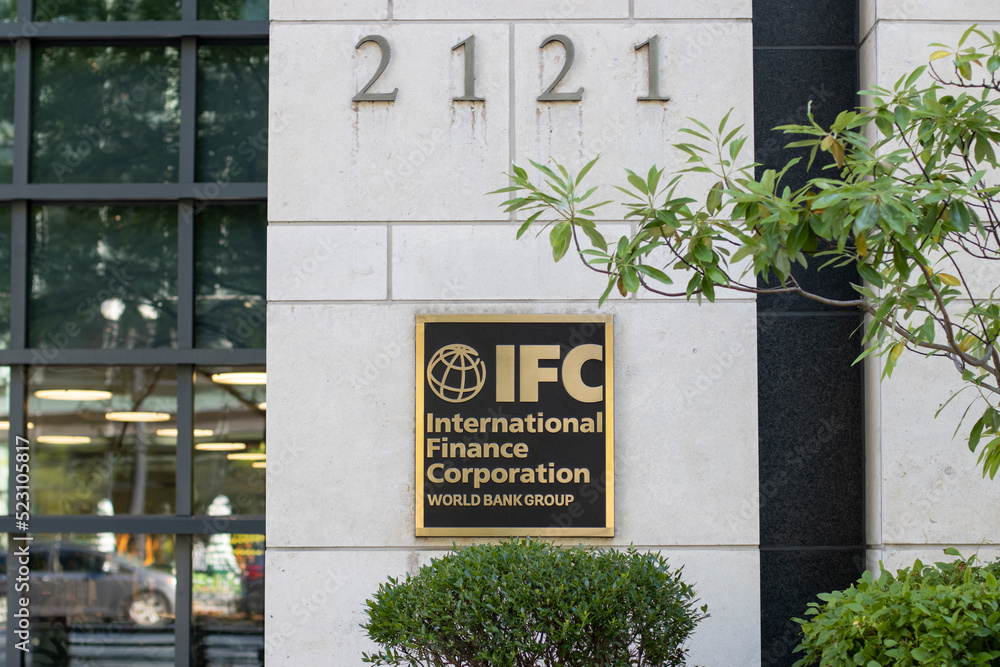IFC and MIGA Adopt First-Ever Remedy Framework: A Milestone for Accountability

In a major step forward for accountability in development finance, the International Finance Corporation (IFC) and the Multilateral Investment Guarantee Agency (MIGA)—the private sector arms of the World Bank Group—have adopted their long-awaited Remedial Action Framework (RAF). This is the first official policy within the World Bank Group that sets out how the institution will contribute to remedy for communities harmed by projects it finances. The adoption of the RAF, together with the Approach to Responsible Exit, follows years of sustained advocacy by civil society organizations and affected communities.
The RAF, approved on April 3, 2025, provides a structured approach to addressing environmental and social harm through prevention, preparedness, access to remedy, and support for remedial action. While primary responsibility lies with the clients, IFC and MIGA acknowledge their role in a broader “remedial action ecosystem.” Their contribution may take the form of using financial or contractual influence, supporting technical assistance or fact-finding, or funding enabling activities—particularly in fragile, low-capacity, and conflict-affected contexts. However, contributions are discretionary and evaluated on a case-by-case basis.
The framework builds on existing Sustainability Frameworks and complements the Compliance Advisor Ombudsman (CAO) Policy. It reflects the outcome of an external review launched in 2020, followed by internal working groups and public consultations that gathered input from civil society organizations, other development finance institutions, and human rights experts. The RAF will be implemented as an interim approach over a three-year period (FY25 Q4 – FY28 Q4), during which IFC/MIGA will define performance indicators, engage stakeholders, and prepare a final version based on lessons learned.
In a joint statement issued on April 21, 2025, civil society and community organizations welcomed this long-overdue step and acknowledged the progress it represents. They also raised critical concerns. The RAF does not include a commitment to financial compensation, lacks a systematic funding mechanism, and provides no clear guidance on financial intermediary projects—which make up a large share of IFC’s portfolio. Most importantly, it excludes communities harmed by projects that have already closed, denying many the justice they have long sought.
Despite these gaps, the RAF signals a cultural shift in how IFC and MIGA acknowledge their role in remedy. Its future impact will depend on how faithfully it is implemented, how gaps are addressed, and how inclusive the engagement with affected communities remains.
Read the joint civil society statement: https://arabwatchcoalition.org/wp-content/uploads/2015/12/Joint-statement-on-the-newly-adopted-Remedial-Actions.pdf
Read the AWC explainer on the RAF and Responsible Exit: https://arabwatchcoalition.org/wp-content/uploads/2015/12/A-Brief-Explanation-to-Help-CSOs-Understand-the-New-Remedial-Action-Framework-RAF-and-How-it-Works-3.pdf
For a more detailed analysis please refer to this link: https://www.ciel.org/ifc-remedial-action-framework-remedy-harm/
By Mariya Sahnouni
